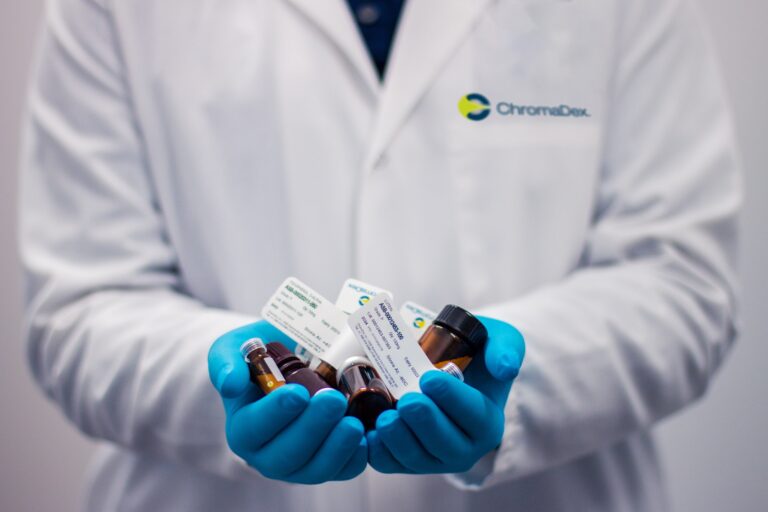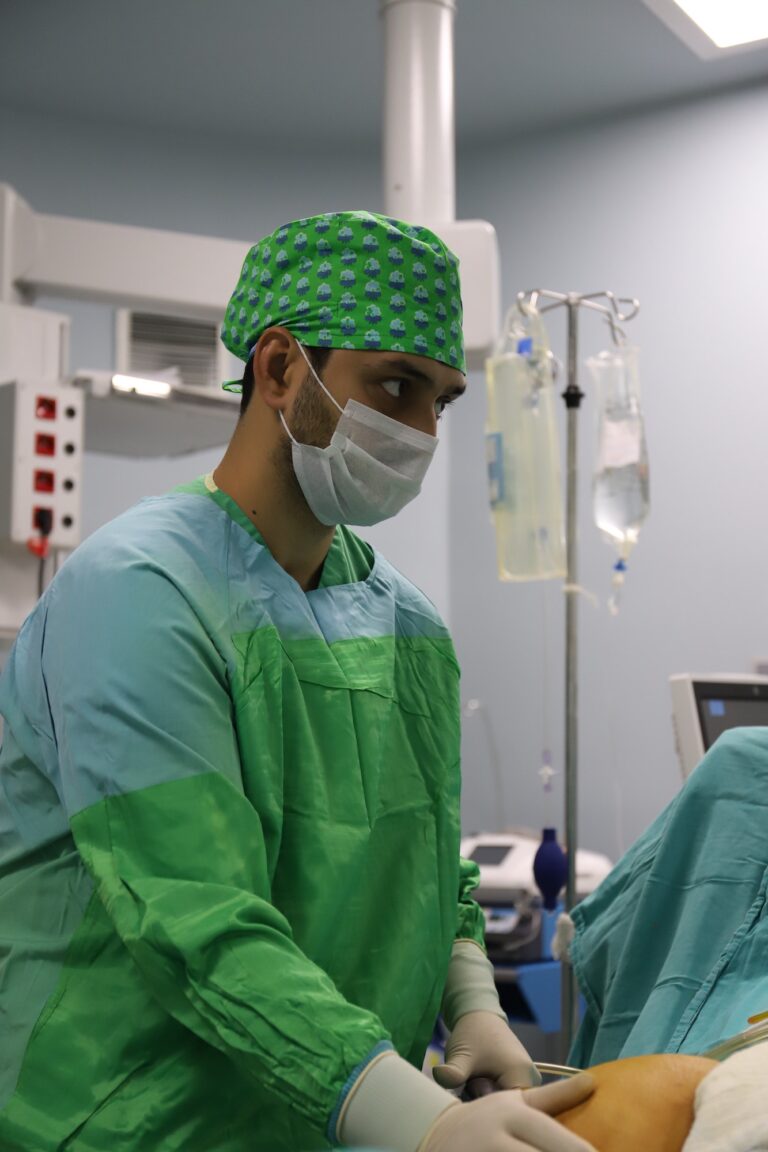An Easy to Follow Healthy Smile Guide to Pediatric Orthodontics
Orthodontics, a specialized field of dentistry, plays a crucial role in shaping our smiles. It is particularly significant in pediatric care, where early interventions can guide proper jaw and tooth development, preventing more severe issues in the future.
This article provides an in-depth look at pediatric orthodontics, focusing on its importance, when to start, what to expect, and how a regular visit to a specialist, such as an orthodontist in Westminster, can contribute to a child’s healthy smile.
A Guide to Pediatric Orthodontics: Growing into a Healthy Smile
The Significance of Pediatric Orthodontics
Orthodontics is more than just improving one’s appearance. It can enhance children’s oral health, impacting their overall well-being and confidence.
Preventive Care
Pediatric orthodontics focuses on preventive care. The objective is to identify and address dental problems, such as misaligned teeth and jaws, at an early stage. Early intervention can result in less invasive treatments and be more successful as the child’s jaws are still developing. This proactive approach can help alleviate potential issues, resulting in healthier smiles in adulthood.
Promoting Proper Growth
Orthodontics significantly guides the proper growth and alignment of a child’s jaw and teeth. With the help of treatments like braces and space maintainers, it is possible to guide the teeth into their correct positions effectively. This leads to a beautiful smile and promotes healthier oral hygiene.
When to Start Pediatric Orthodontics
The American Association of Orthodontists recommends that children see an orthodontist no later than seven years old. At this age, children typically have a mix of baby teeth and permanent teeth, making it easier for the orthodontist to diagnose and correct tooth and jaw problems sooner.
Emphasizing the importance of early intervention, Kumra Orthodontics, a premier orthodontist in Washington DC, offers specialized pediatric orthodontic services. Their experienced team is dedicated to providing personalized care and the most advanced treatments available, ensuring the best possible outcomes for their young patients.
What to Expect During the First Visit
Examination
The first visit generally includes thoroughly examining the child’s teeth, jaw, and mouth. The orthodontist will look for signs of potential problems such as crowded or misplaced teeth, missing teeth, and bite issues. They will also assess the child’s oral habits, such as thumb sucking or tongue thrusting, which can influence tooth alignment and jaw development. This comprehensive evaluation gives the orthodontist a holistic view of the child’s oral health status and potential future challenges.
Diagnostic Tools
Orthodontists use advanced diagnostic tools like X-rays, photographs, and digital scans to depict the child’s oral condition clearly. This helps create an effective treatment plan tailored to the child’s needs. These digital resources offer a detailed view of the visible parts of the teeth and gums and the underlying structures like roots and jawbones, which are essential for precise planning. Furthermore, by maintaining a record of these images, orthodontists can track progress over time, allowing for more informed and timely adjustments to the treatment plan.
Treatment Options
Orthodontic treatments for children vary based on the identified issues and the child’s stage of dental development. These might include removable appliances, fixed braces, or even a combination of both.
Braces
Braces are often the most common type of treatment in pediatric orthodontics. They are designed to correct misalignment and improve the child’s bite over time. Traditional braces consist of brackets attached to the teeth, connected by wires and possibly small rubber bands. These components work together to pressure the teeth and gradually shift them into the desired position.
Invisalign Aligners
Invisalign aligners are a modern and increasingly popular orthodontic treatment, offering a more discreet and comfortable alternative to traditional braces. They involve a series of clear, custom-made aligners that fit over the teeth and gradually move them into the correct position.
Similar to braces, they are designed to address various orthodontic issues like overcrowding, gaps, and certain types of malocclusion. Notably, Invisalign aligners are removable, allowing for easier eating, cleaning, and, on special occasions, photograph-taking.
Space Maintainers
If a child loses a baby tooth prematurely, a space maintainer may be used to prevent the other teeth from shifting into the space until the permanent tooth erupts. This device is crucial to preserve the correct spacing and alignment in the child’s mouth. It is typically a temporary solution until the permanent tooth comes in and can be easily removed by the orthodontist. Space maintainers can thus aid in avoiding complicated orthodontic issues in the future.
Final Thoughts
Pediatric orthodontics is instrumental in shaping a child’s smile. Early and regular visits to an orthodontist not only help prevent future dental issues but also instill good oral hygiene habits. An orthodontist, such as an orthodontist in Westminster, can guide you and your child through this journey, providing personalized care to achieve and maintain a healthy smile. After all, a confident smile is a significant step toward a confident future.









